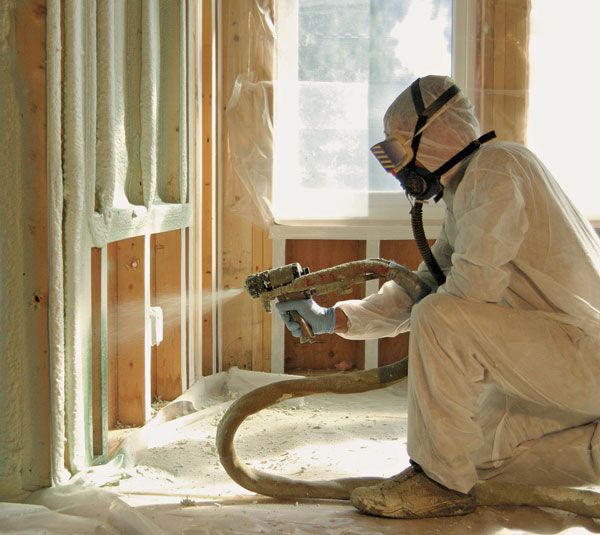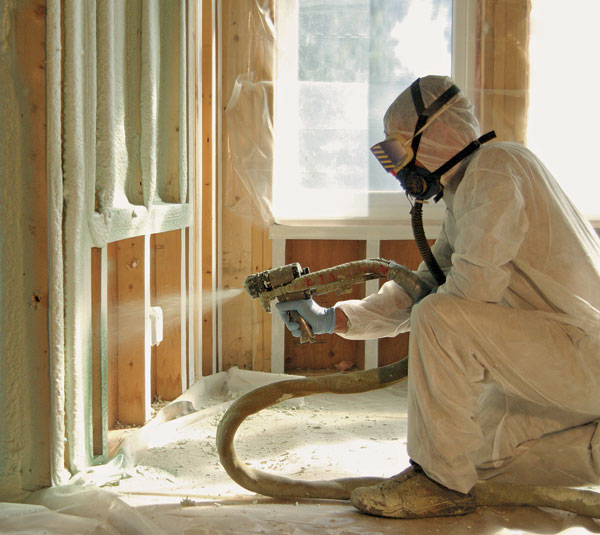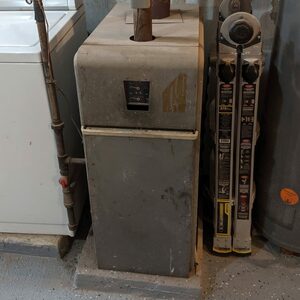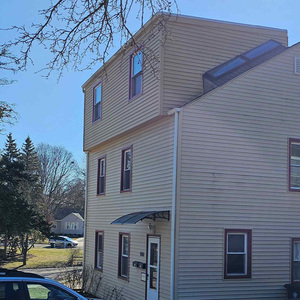Is Formaldehyde-Foam Insulation Safe?

Getting the facts on phenol-formaldehyde foam
When high-performance builders talk about spray-foam insulation, they’re typically talking about polyurethane. But it turns out there’s more than one kind of spray foam used in residential construction.
Although not as widely known, phenol-formaldehyde and urea-formaldehyde insulation also are available, and that’s the focus of this week’s Q&A Spotlight at Green Building Advisor.
Urea-formaldehyde earned a bad reputation in the 1970s after high levels of formaldehyde were detected in homes where it had been installed. Canada banned the foam outright, and some states in the U.S. continue to prohibit its use.
Some manufacturers turned to a phenol-formaldehyde resin with lower emissions. In the meantime, a urea-formaldehyde manufacturer says newer formulations meet federal formaldehyde standards.
How do these products differ, and how do they compare with urethane foam? The discussion points to the power and potential confusion over words, in this case the difference between “Tripolymer” and “tri-polymer.”
BuildingGreen’s Alex Wilson helps to sort it out, but admits that consumers will find it “remarkably difficult” to get the kind of information they’re looking for.
Read the full article and join the conversation at Green Building Advisor
Further resources:
What’s the Difference: Spray polyurethane-foam insulation
New National Standard to Limit Formaldehyde Content?
Spray foam for the eco-conscious
Fine Homebuilding Recommended Products
Fine Homebuilding receives a commission for items purchased through links on this site, including Amazon Associates and other affiliate advertising programs.

Affordable IR Camera

Handy Heat Gun

8067 All-Weather Flashing Tape

Polyurethane is king when it comes to spray-foam, but some builders are looking at a few not-so-new alternatives.























View Comments
I would not feel comfortable with poly spray foam.
They talk about "lower" emmissions. How low can you go?
Just because it is approved does not make me feel safe.
Other chemicals were considered safe only to be totally banned at a later date.(asbestos, thalidomide, etc)
Just check the local news in Vancouver BC where a highrise building was repaired with polyurethene foam. Now a problem arose - cause yet undetermined - but all occupants had to leave their premises; for days now until an undetermined return in the future,
Foam? not for me